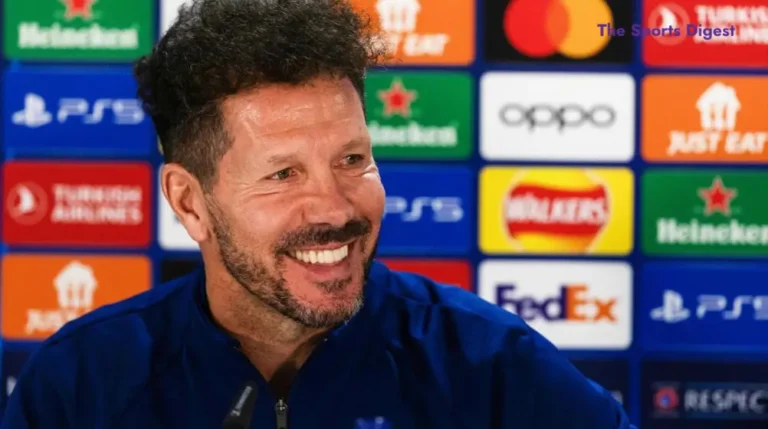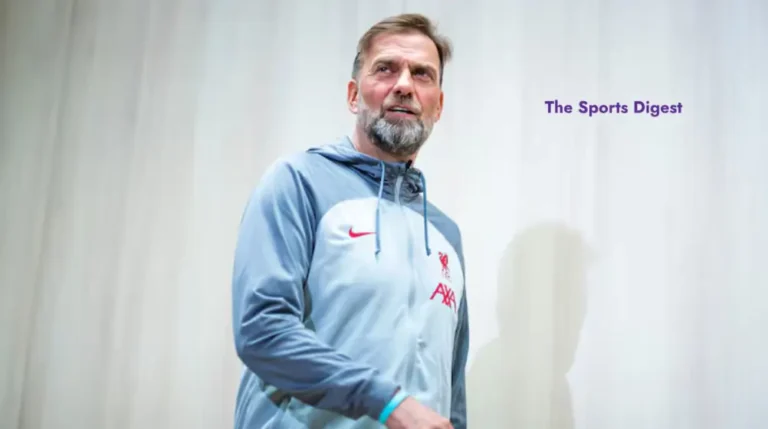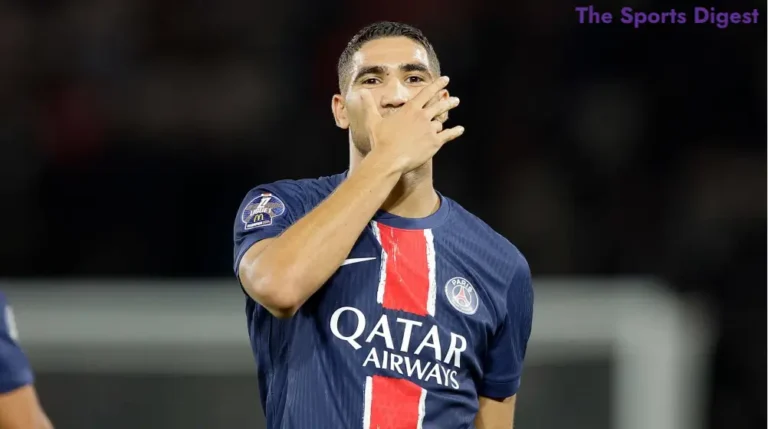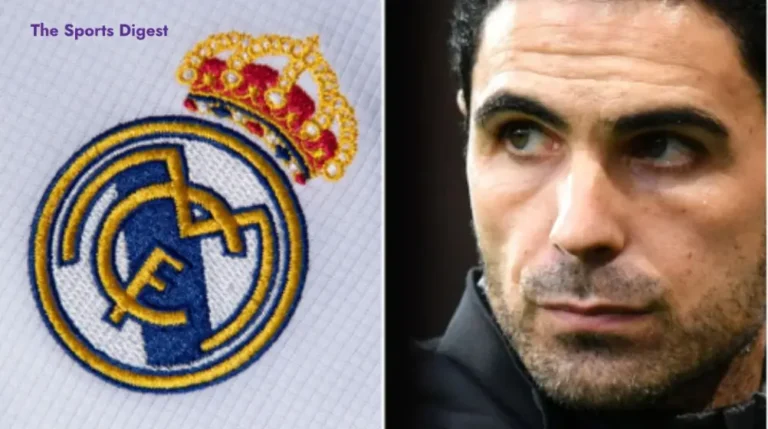Patrick Vieira: The Invincible Captain
Patrick Vieira stands as Arsenal’s most dominant midfield presence ever – the footballing Death Star whose commanding presence formed the nuclear soul of Arsenal’s greatest era. His crowning achievement came during the historic 2003-04 “Invincibles” season, where his assist for Dennis Bergkamp against Leicester personified the skill, power, and vision that defined his remarkable career.
Table of Contents
From Senegal Streets to French Football
Born in Dakar, Senegal in 1976, Patrick Vieira journey began on the dusty streets where he first discovered his passion for football. At age eight, his family relocated to the tough Parisian suburb of Trappes, France – a move that would prove pivotal for his future. Even as a teenager, Vieira’s extraordinary leadership qualities were unmistakable. His talent flourished at AS Cannes, where he made his professional debut at just 17 and was remarkably appointed team captain by age 19 – a clear testament to his natural authority and maturity beyond his years.
The Wenger Connection: A Career-Defining Move
After a brief, unfulfilling spell at AC Milan where competition for midfield positions limited his opportunities, Vieira’s career trajectory changed dramatically in 1996. Arsenal’s newly appointed manager Arsène Wenger – previously coaching in Japan – made acquiring the young Frenchman one of his first priorities at Highbury. Years later, Wenger would reveal how Patrick Vieira immense potential was evident from his very first training session, noting his exceptional combination of technical grace and physical presence.
Transforming Arsenal: The Debut That Changed Everything
Vieira’s debut against Sheffield Wednesday in September 1996 would become symbolic of Arsenal’s coming transformation. Coming off the bench for Ray Parlour, the lanky midfielder immediately dominated the pitch with a combination of technical skill and physical prowess that English football had rarely witnessed. His arrival coincided perfectly with Wenger’s revolution of Arsenal’s playing style, training methods, and overall culture. Though the young Frenchman initially struggled with the winter training conditions in England – famously complaining about the cold – his adaptation was remarkably swift.
Building a Championship Team
The 1997-98 season saw Arsenal capture their first Premier League title under Wenger, with Patrick Vieira forming an unstoppable midfield partnership with fellow Frenchman Emmanuel Petit. The two complemented each other perfectly – Vieira’s box-to-box dynamism paired with Petit’s disciplined positioning. Together with new arrival Marc Overmars, they transformed Arsenal’s midfield into one of Europe’s most formidable units. The positive atmosphere around Highbury during this period was palpable, with Vieira firmly established as one of the Premier League’s elite players.
World Stage Success
Vieira’s club performances earned him a place in France’s national team, culminating in glory at the 1998 World Cup on home soil. His assist for Petit’s goal in the final against Brazil capped a magnificent tournament for both player and country. Two years later, Patrick Vieira added the European Championship to his trophy cabinet, further cementing his status as one of world football’s premier midfielders.
Storm Clouds: Temperament and Frustration
Despite his undeniable talent, Vieira’s early Arsenal years weren’t without controversy. His competitive nature occasionally crossed into indiscipline, resulting in several red cards that raised questions about his temperament. Off the pitch, frustration began to build as Arsenal struggled to translate domestic success into European glory. Patrick Vieira openly expressed concerns about the club’s willingness to invest in top-tier talent needed to compete at the highest level in the Champions League – creating periodic transfer speculation that unsettled supporters.
The Captain’s Armband and Invincibility
Following Tony Adams’ retirement in 2002, Patrick Vieira inherited the captain’s armband – a responsibility that seemed to elevate his game further. The 2003-04 season would become his defining achievement at Arsenal, leading the team through an entire Premier League campaign without a single defeat. This “Invincibles” side played with a swagger and dominance that reflected their captain’s personality on the pitch.
During this golden period, the fierce rivalry between Arsenal and Manchester United reached unprecedented intensity. A particularly contentious match at Old Trafford – remembered for confrontations between players in the tunnel and on the pitch – highlighted Vieira’s role as Arsenal’s warrior-leader. His battles with Roy Keane became emblematic of the era, two midfield generals representing contrasting football philosophies.
Farewell to Highbury
The following season proved less successful, with Arsenal’s record 49-game unbeaten run finally ending at Manchester United. However, Vieira’s Arsenal career would conclude on a perfect note – scoring the winning penalty in the 2005 FA Cup final against Manchester United in his final appearance for the club. His subsequent departure to Juventus surprised many, with Patrick Vieira later citing a perceived lack of appreciation and ambition at Arsenal as factors in his decision to leave.
Life After Arsenal
Vieira’s post-Arsenal career never quite reached the same heights. His time at Juventus was marred by injury and the Calciopoli scandal that rocked Italian football. At Inter Milan under José Mourinho, he collected trophies but struggled to recapture his dominant best form. A brief return to England with Manchester City provided a fitting bookend to his playing career in 2011.
His transition to coaching began at Manchester City as Football Development Executive before taking charge of New York City FC in MLS, where he showed promising signs of the same leadership that defined his playing days. His coaching journey has since taken him through Nice, Crystal Palace, and Strasbourg, where he continues to develop his managerial philosophy.
The Invincible Legacy
Two decades later, Patrick Vieira’s legacy at Arsenal remains untarnished. The image of him striding through midfield – legs seemingly extending forever, chest puffed forward, head held high – remains etched in football history. More than just statistics or trophies, Patrick Vieira represented a mentality and presence that transformed Arsenal. As captain of the Invincibles, he stands immortalized in Premier League history – the midfield colossus who embodied an era when Arsenal were truly invincible.
For Arsenal supporters who witnessed his prime, Patrick Vieira represents more than just excellence – he symbolizes the perfect marriage of technical brilliance with physical dominance. In an era of specialized midfielders, he remains the complete package – defender, creator, leader, and occasionally scorer of crucial goals. The “Invincible Captain” moniker fits perfectly for a player whose influence on English football extends far beyond the remarkable unbeaten season that crowned his Arsenal career.
Have you ever read an article like this?
There are no reviews yet. Be the first one to write one.






